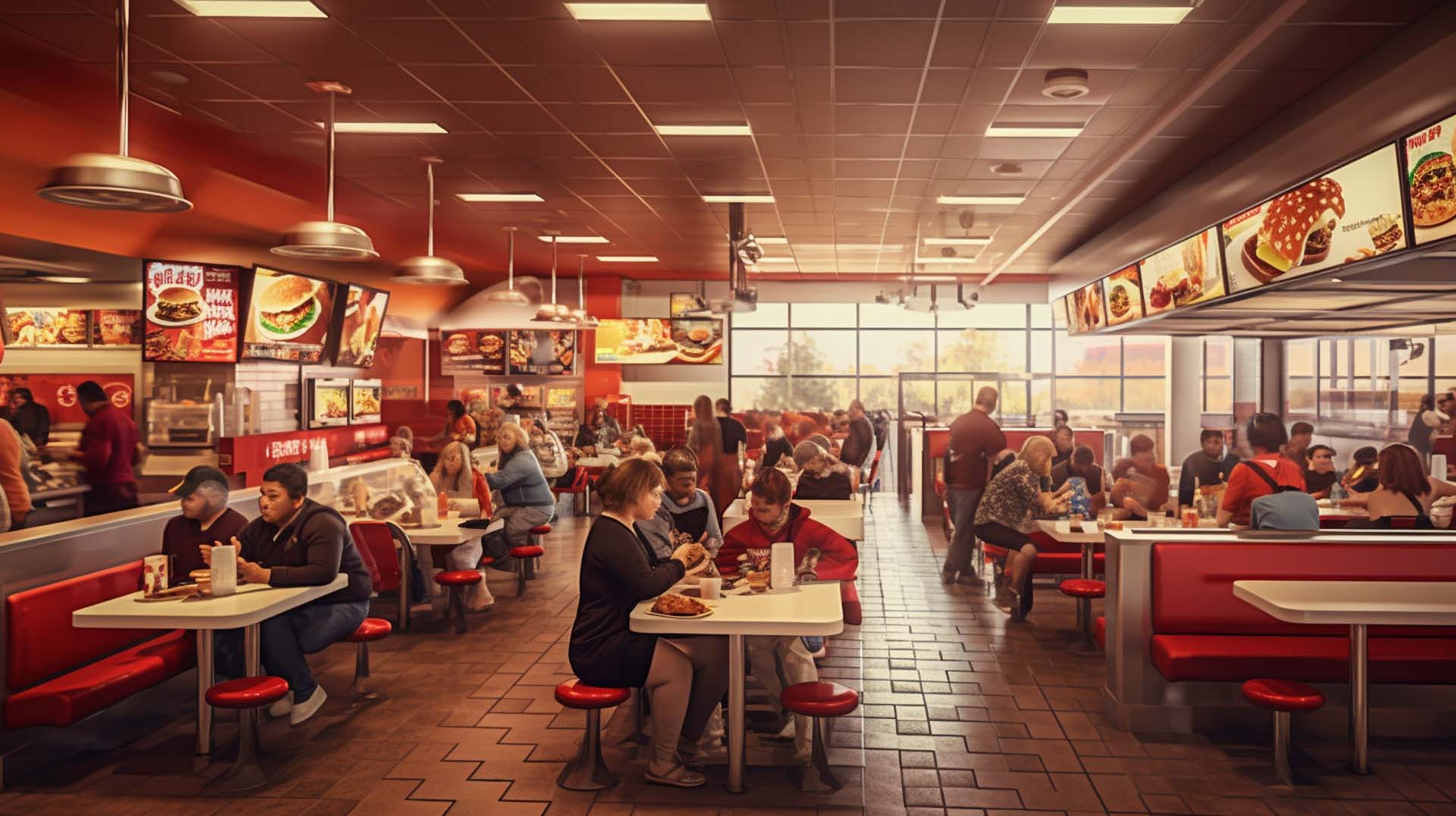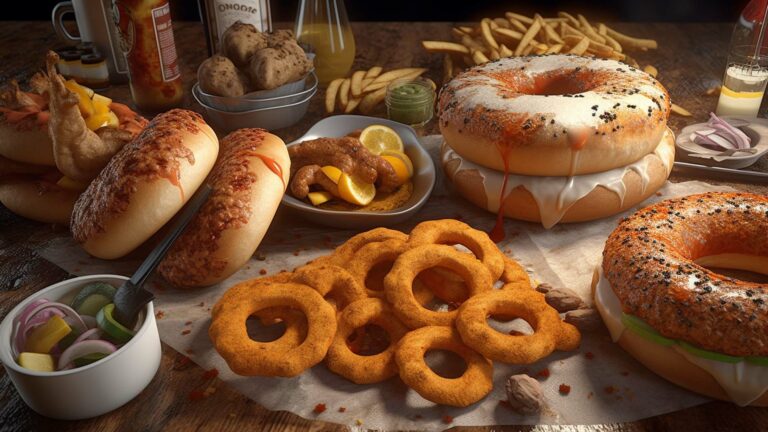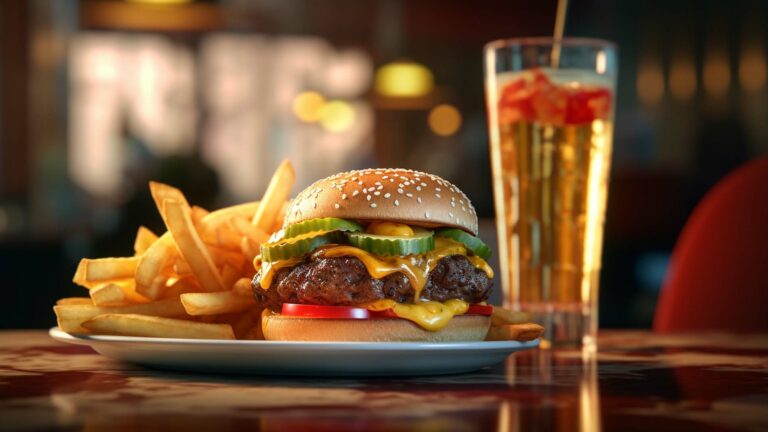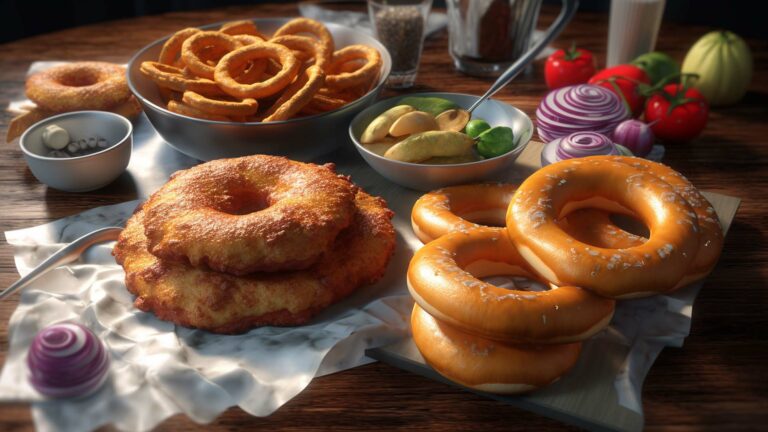Find Fast Food Restaurants Near Me in New Hampshire
New Hampshire, a state known for vibrant cities and a rich culture, has thriving fast-food scene. New Hampshire residents are known for their farm-to-table cuisine and healthy eating habits, but they still enjoy fast food.
New Hampshire’s wide variety of fast foods caters to many tastes. From the iconic burger joint to mouthwatering tortillas, there is something for everyone. We’ll delve into the world of fast food in New Hampshire, exploring its history, regional specialties, and the ongoing evolution of this culinary phenomenon.
The Evolution of Fast Food in New Hampshire
Fast food can be traced to New Hampshire’s early 20th-century diners and drive ins, which began offering quick and affordable meals. But the real revolution was in the 1950s and 60s when fast food chains like McDonald’s, Burger King and Wendy’s came into existence.
These establishments standardized food production, implemented efficient systems, and created a template for rapid expansion.
Popularity and Ubiquity of Fast Food in New Hampshire
Today, fast food is a ubiquitous presence across New Hampshire, with countless chains dotting the landscape. The reasons for its enduring popularity are many. Fast food offers convenience, affordability, and consistency.
Busy individuals, seeking a quick meal, are drawn to the convenience of drive-thru windows, mobile ordering apps, and 24-hour service. Fast food also offers a low price, which makes it a great option for those with a tight budget.

Health Conscious Fast Food Options in New Hampshire
Many New Hampshire fast-food chains have taken steps to improve their menus. There are also salads, grilled dishes, and lower-calorie meals.
There is also a growing consumer demand for more transparency and better ingredients. Fast food companies have responded with more nutritional data and higher quality ingredients.
Economic and Employment Impact
Fast-food contributes significantly to the U.S. Economy. It is a major employer in New Hampshire and provides entry-level employment for many. These low-wage jobs and their limited benefits have led to concern over labor rights, income inequality, and the lack of benefits.
The proliferation of fast food chains has also had a negative impact on independent local restaurants that struggle to compete against the marketing and resources of national brands.
The Future of Fast Food in New Hampshire
New Hampshire’s fast food industry is changing as consumers demand healthier alternatives and become more health conscious. Some chains have introduced plant-based alternatives, reduced portion sizes, and expanded their menu options to cater to changing tastes and dietary preferences.
Technological advancements, such as automation and self-ordering kiosks, are also reshaping the fast-food landscape, making it more efficient and cost-effective.

About New Hampshire
New Hampshire is a state in the New England region of the Northeastern United States. It borders Massachusetts to the south, Vermont to the west, Maine and the Gulf of Maine to the east, and the Canadian province of Quebec to the north. Of the 50 U.S. states, New Hampshire is the fifth smallest by area and the tenth least populous, with a population of 1,377,529 residents as of the 2020 census. Concord is the state capital and Manchester is the most populous city. New Hampshire’s motto, “Live Free or Die”, reflects its role in the American Revolutionary War; its nickname, “The Granite State”, refers to its extensive granite formations and quarries. It is well known nationwide for holding the first primary (after the Iowa caucus) in the U.S. presidential election cycle, and for its resulting influence on American electoral politics.



